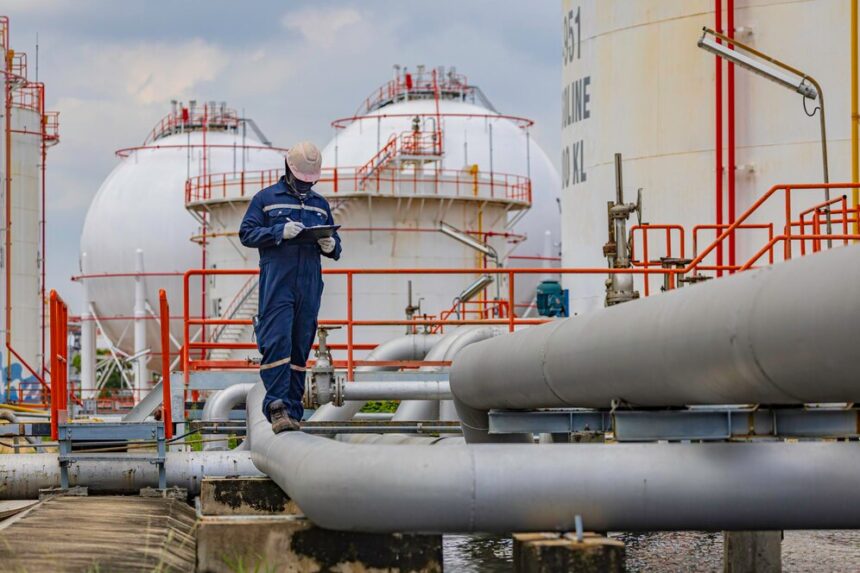Mozambique and Zambia have signed a historic memorandum of understanding (MoU) for the development of a petroleum pipeline linking Mozambique’s port city of Beira to Zambia’s industrial hub of Ndola, in a transformative project valued at US$1.5 billion.
The announcement was made by Mozambican President Daniel Chapo during the official opening of the 11th Mozambique Mining and Energy Conference (MMEC), a high-level regional forum that brings together policymakers, industry leaders, and energy experts from across Southern Africa.
The proposed Beira–Ndola pipeline will span over 1,400 kilometers and is designed to transport up to 3.5 million metric tons of refined petroleum products annually. Once completed, the pipeline is expected to revolutionize energy logistics in the region by offering a safer, more cost-effective, and environmentally sustainable alternative to the traditional road tanker method.
For landlocked Zambia, the pipeline promises to significantly improve energy security and reduce reliance on costly fuel transportation by road. It will also help cut road maintenance costs and ease congestion along key highways such as the TAZARA and Great East Road corridors.
As part of the project, Ndola will see the development of new fuel storage infrastructure, further enhancing its strategic role as Zambia’s main industrial and fuel distribution center. The pipeline is anticipated to create long-term savings on fuel transport costs while boosting efficiency and reliability in the country’s fuel supply chain.
Mozambique, in turn, is poised to benefit from heightened port activity and transit revenue, positioning Beira as a major petroleum logistics hub for Southern Africa. The construction of additional fuel storage infrastructure in Beira will add value to Mozambique’s energy sector and is expected to spur job creation and attract private investment in logistics, warehousing, and support services.
President Chapo emphasized that the project reflects Mozambique’s growing appeal to global investors, thanks to improved economic governance, regulatory reforms, and a strategic focus on infrastructure development. “Mozambique is consolidating its status as a credible investment destination and a critical trade conduit in the region,” he said.
Zambian energy officials echoed this sentiment, describing the pipeline as a strategic infrastructure investment that aligns with both national development goals and the Southern African Development Community’s (SADC) broader regional integration agenda. They also highlighted the project’s environmental benefits by reducing emissions associated with diesel trucking.
The pipeline is expected to attract a mix of domestic and international investors, with technical and environmental feasibility studies already underway. Further announcements regarding project partners, construction timelines, and financing mechanisms are expected in the coming months.
As the Beira–Ndola pipeline advances toward implementation, both Mozambique and Zambia view it as a long-term catalyst for regional cooperation, trade facilitation, and economic growth. The project stands as a testament to the two countries’ shared vision for an interconnected, energy-secure, and economically vibrant Southern Africa.






